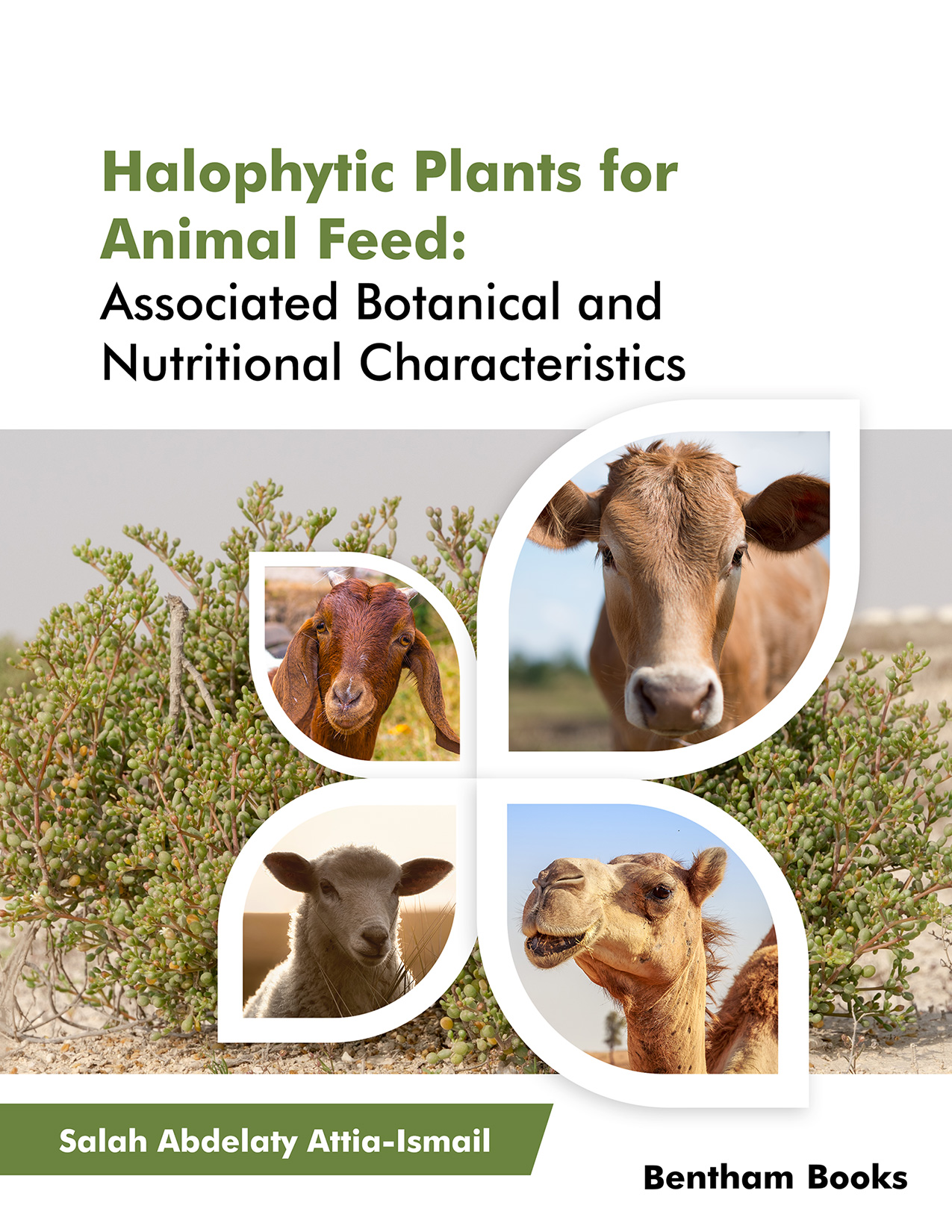Introduction
Halophytic plants are a fascinating group of plants that also serve as dietary feed for livestock. Their utilization is essential for sustainable agriculture and maintaining ecological balance. This book explains the nature of halophytic plants through an in-depth presentation of their botanical and nutritional characteristics. Chapters of the book highlight different aspects of halophytes on a botanical, histological, ecological and nutritional basis when utilized as animal feed components. The issues of the histo-chemical aspects of halophytes are addressed with regard to their impact on nutrient compositions and availability to animals, while the important nutrient contents of halophytes are considered in relation to their value to animals.
Key Features:
- - 10 organized chapters on halophytic plants
- - Explains the relationship between botanical and nutritional characteristics of halophytes when utilized as animal feed components
- - Covers information about important nutrient contents and secondary metabolites in halophytes
- - Includes information on nutritional and feeding values for animals
- - Includes informative diagram and tables
- - Includes references for further reading
This book fills a notable gap in available literature on the subject, and will stimulate researchers to pursue the many unanswered questions in the field of biosaline agriculture. This text serves as reading material for undergraduate and graduate level courses and specializations in agriculture, animal nutrition, animal physiology, botany and plant physiology. It also serves as supplementary reading for students of taxonomy, ecology, and environmental science courses. Professional and apprentice livestock farmers will also benefit from the information presented by the book.

